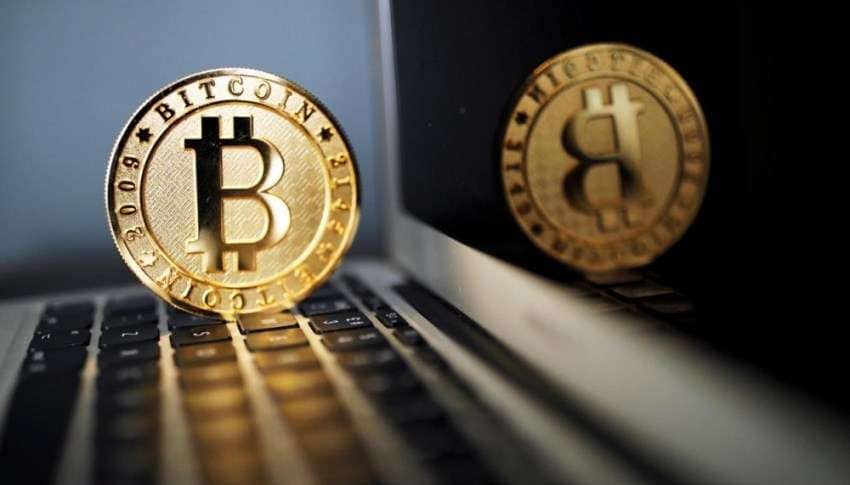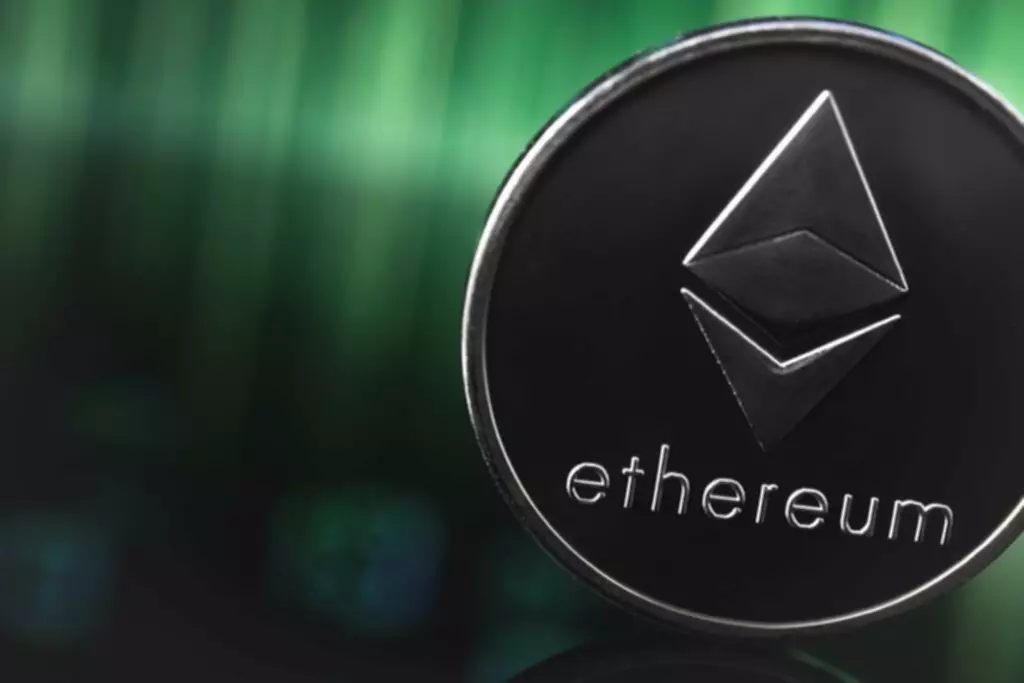Content
As of November 10, 2021, its total value locked is estimated at $112.08 billion. There’s a lot of talk about blockchain and its potential applications, but few people know about liquidity mining. It is a process by which blockchain assets are exchanged for other assets or tokens. It’s essentially an automated way of increasing the liquidity of your holdings, and it can be used to protect you from traditional counterparty and custodial risk. Co-Founder & former banker turned Full-Time DeFi analyst and researcher. Left traditional finance to pursue my interest in digital assets and decentralized finance.
I was reading that CoinWind products will reduce the loss on liquidity extraction through a combined strategy. Could you tell us a little more about this combined strategy? What is its purpose and how does it work? Why is it combined? What benefits does it bring to mining users?
— hondaauto9888.bnb (💙,🧡) (📦,💫)(🌸, 🌿) (@Lidiamga) May 16, 2021
As a result, liquidity mining profitability improved further with an additional stream of income for liquidity providers. Liquidity mining is an excellent means to earning passive income for crypto assets that could have otherwise been hodled without the extra benefits. By participating as a liquidity provider, a crypto investor helps in the growth of the nascent Decentralized Finance marketplace while also earning some returns. The win-win-win outcome in liquidity protocols – all parties within a DeFi marketplace benefit from this interaction model. DEX – this is a short form for decentralized exchange, which is a platform that runs autonomously without direct intervention from a centralized party such as a company.
How liquidity mining works
They also might have missed out on the opportunity to exchange what they had, then buy the stablecoin. When the crypto’s value decreases significantly, a gap forms between the two assets. The liquidity pool still has to ensure the liquidity ratio balances out. Everyone will now have to purchase the stablecoin at a lower price until the gap closes. It’s a concept borrowed from traditional finance that involves dividing up financial products based on their risks and returns.
Tokens consisting of two units in the native cryptocurrency are given out in exchange for reward tokens. CoinDesk is an independent operating subsidiary of Digital Currency Group, which invests in cryptocurrencies and blockchain startups. As part of their compensation, certain CoinDesk employees, including editorial employees, may receive exposure to DCG equity in the form of stock appreciation rights, which vest over a multi-year period. CoinDesk journalists are not allowed to purchase stock outright in DCG. As the new year gets underway, projects working on solving this quandary are some of the most popular among traders and investors.
Why DeFi liquidity could be interesting for investors?
These pools use a lump sum of cryptocurrencies provided by investors to stake in a certain network, with payouts proportionate to the amount of each stake in the pool. Staking is the practice of pledging your crypto assets as collateral for blockchain networks that use the Proof-of-Stake consensus algorithm. Stakers are selected to validate transactions on Proof-of-Stake blockchains in the same way that miners help achieve consensus in Proof of Work blockchains. Yield farming is closely related to liquidity mining, but it’s not the same thing.

Cryptocurrencies are a high risk investment and cryptocurrency exchange rates have exhibited strong volatility. Exposure to potential loss could extend to your cryptocurrency investment. But not everyone has the time or desire to jump fully into the liquidity pool and DeFi world.
Maximize Your Crypto Portfolio
Clients simply deposit crypto to the YouHodler wallet and they are ready to start generating yields up to 365% APR. The method gives many opportunities for bad-faith actors to input false data. Enough data manipulation in the market lures traders into crypto scams. The traders on an order book are anonymous, so it’s difficult to find and punish schemers.
The term liquidity means the ease with which an asset can be converted into spendable cash, so the easier it is for an asset to be spent, the more liquid it is. Mining, on the other hand, is a sort of a misnomer in this situation that refers to the more common way of getting rewarded in Proof of Work networks such as Bitcoin https://xcritical.com/ for contributing towards verifying transactions. Whether you decide on one approach or another, always do your own research and never risk more than you can afford to lose whenever investing in any asset class. Liquidity mining, on the other hand, involves a tremendous risk that could lead to astronomical profits.
- Functionality – a majority of DeFi platforms support Ethereum-based tokens exclusively.
- The system eliminates the control of banks and institutions over money, financial products, and financial services.
- Compounder Finance is not related to another well-known DeFi protocol called Compound Finance.
- When the transaction is completed, the transaction charge is proportionately split between all LPs.
- “Catherina”, now “Linna” , one of many identical accounts used to lure victims in a liquidity mining scam.The account was set up just a few weeks before the initial direct messages I received.
- Because staking can involve more technical knowledge than simply buying and holding a coin, many investors choose to delegate their staking to a pool.
This material should not be construed as a basis for making investment decisions or as a recommendation to participate in investment transactions. Trading digital assets may involve significant risks and can result in the loss of invested capital. Therefore, you must ensure that you fully understand what is liquidity mining the risk involved, consider your level of experience, investment objectives, and seek independent financial advice if necessary. Liquidity pools not only supply a lifeline for the core business of the DeFi protocol but also serve as hotbeds for investors willing to take risks and reap big rewards.
What is DeFi?
The annual yield can reach over 100% depending on the platform and the currency you choose for liquidity mining. Liquidity mining has become quite popular among investors because it generates passive income, implying that you may profit from it without making active investing decisions. The value of your stake in a liquidity pool determines your overall benefits. This leads to a more inclusive model where even the small investors get to contribute to the development of a marketplace. The more an LP contributes towards a liquidity pool, the larger the share of the rewards they will receive. Different platforms have varying implementations, but this is the basic idea behind liquidity mining.
I was reading that CoinWind products will reduce the loss on liquidity extraction through a combined strategy. Could you tell us a little more about this combined strategy? What is its purpose and how does it work? Why is it combined? What benefits does it bring to mining users?
— Niraj Cruise (@CruiseNiraj) July 31, 2021
Based on the trading pair you choose, you can also be exposed to sizable yields that are more than what other methods offer. For instance, there is a solid probability that the pool will offer triple-digit APYs if you want to provide liquidity for a brand-new and unknown crypto asset. Farming is widespread since it may produce double-digit returns even on very liquid pairs. As of May 7, 2021, its total value locked is estimated at $76.9 billion.
What Is Coin base DeFi Liquidity Mining?
We offer a large range of products and services to enhance your business operations. Remember, that whole DeFi concept was specifically developed to be independent of all centralized control. Contact us any time and we’ll be more than happy to embark on an exciting journey with you around the DeFi world and ensure that your project will be a roaring success. Liquidity mining has been growing in its popularity by leaps and bounds and has sparked interest even among the most discerning and knowledgeable DeFi participants. At the time of writing, Aave is the third-largest DeFi protocol with a TVL of $16.45 billion.
Uniswap mainly relies on the model that allows liquidity providers to create liquidity pools. It allows users to efficiently swap between ERC-20 tokens with no required order book. Given that the Uniswap protocol is totally decentralized, it doesn’t include any listing process either.
What is market liquidity?
Distributing tokens is a slow process with this approach, and it necessitates establishing a governance model once the project is launched. Liquidity mining pool developed equal opportunities for institutional as well as low-capital investors. As a result, you can get massive relief from any concerns of favoritism. The most recent incident that is experienced within the DeFi space is the Compounder Finance rug pull that saw investors lose close to $12.5 million. Even with a fair distribution of governance tokens, this system is still prone to inequality as a few large investors are capable of usurping the governance role.
However, crypto scammers and fraudsters like using official terminology to make their schemes and scam opportunities sound legit and more appealing. Unfortunately, there are a lot of DeFi liquidity mining scams out there. Yes, and this is encoded in many smart contracts, although not all of them.
It is possible to achieve the same through enabling the community and operators with ability to control the platform. Decentralized exchanges have a specific governance model which allows user participation through voting. Ownership of governance tokens of the platform entitles users to vote, and developers generally ensure fair distribution of governance tokens for safeguarding decentralization. One of the common highlights you would come across in DEXs would be decentralization. Developers of decentralized exchanges should empower community involvement in the project. Liquidity mining is an investment strategy whereby crypto investors are rewarded for contributing towards the liquidity of an asset within a decentralized exchange .
A turbulent asset can have a significant price swing in a short moment. Yield farmers take a considerable risk when tokens are locked up because of the potential for value fluctuations, especially during bearish markets. The bottom line is that liquidity providers get a return based on the amount of liquidity they provide to the pool. Besides fees, releasing a new token may play a role in encouraging money to be contributed to a liquidity pool. For instance, a token might only be available in modest quantities on the open market.
9 Blockchain Stocks to Invest In This form of ledger technology is what’s behind cryptocurrencies and other tech trends. Whether you create your own strategy or follow a premium community leader, we believe the power to automate belongs in the hands of every crypto investor. After you sign up and connect your first exchange account, you’ll deploy an investment-maximizing strategy in as few as 5-minutes. Each day Shrimpy executes over 200,000 automated trades on behalf of our investor community. Shrimpy helps thousands of crypto investors manage their entire portfolio in one place. Similarly, a broker can exploit order book information for their good.
Liquidity mining simply means placing your crypto assets in liquidity pools to reap profits. Before jumping on what Liquidity Mining is, new crypto investors must be familiar with some terminologies. Unfortunately, there are several ways things can go awry if the people behind the liquidity pool are unethical—or flat-out criminal. There is no regulation of DeFi exchanges, and the only thing guaranteeing they’re on the up-and-up is the smart contract code built into the DeFi network’s (usually Ethereum-based) blockchain. But if the tokens get cancelled—or there was never really a pool backing them at all—that all goes out the window.

